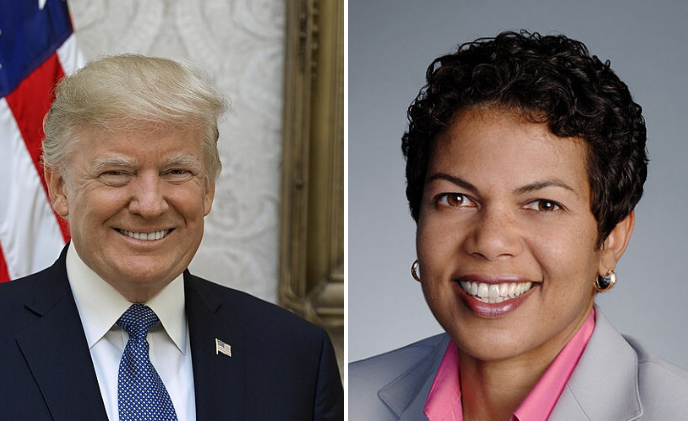
Fani Willis Comes Under Fire as Georgia’s GOP Lawmakers Plan Sweeping Restrictions Following Her Failed Prosecution of Trump
By A.R. HOFFMAN
|The former president argues that the jurist has already made up her mind about his case, notwithstanding the presumption of innocence.

Already have a subscription? Sign in to continue reading
$0.01/day for 60 days
Cancel anytime
By continuing you agree to our Privacy Policy and Terms of Service.

By A.R. HOFFMAN
|
By LUKE FUNK
|
By NOVI ZHUKOVSKY
|
By BRADLEY CORTRIGHT
|
By LUKE FUNK
|
By DONALD KIRK
|
By BRADLEY CORTRIGHT
|
By BERNARD-HENRI LÉVY
|